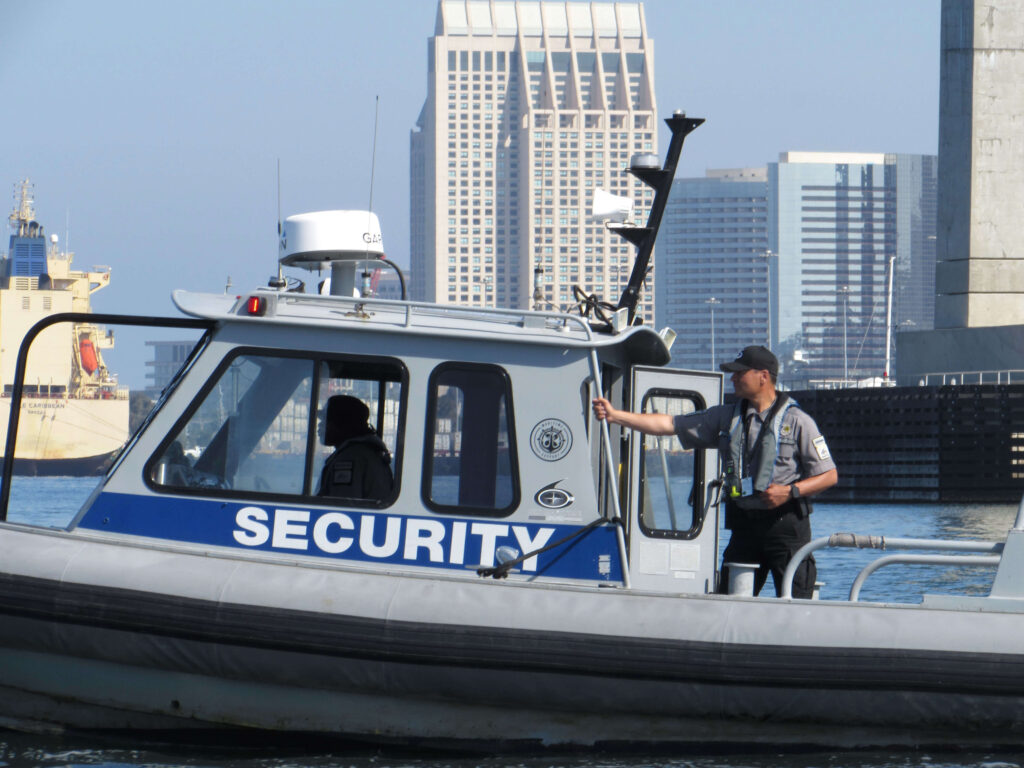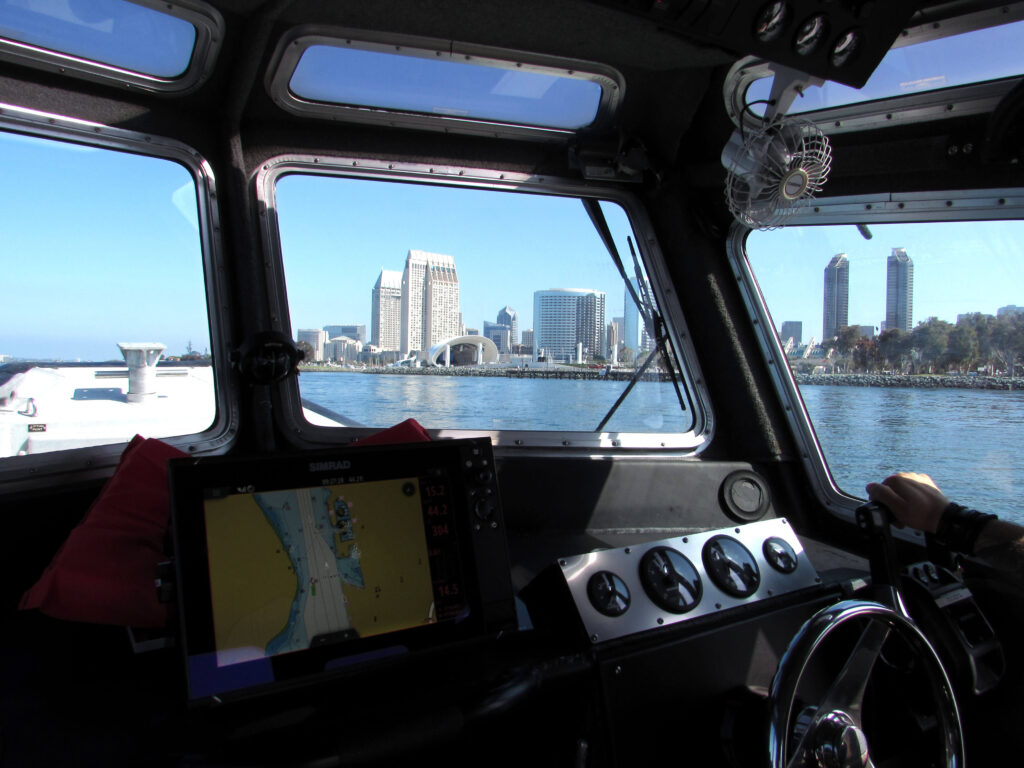
Why Proper Vetting Matters
Maritime security is a specialized field where experience, training, and operational capability directly impact safety. Unfortunately, many companies claim they can perform this work but take dangerous shortcuts to undercut professional firms—jeopardizing lives, assets, and mission success. Without the right knowledge, organizations may unknowingly hire unqualified providers, exposing themselves to liability, operational failures, and security breaches.
To help you make an informed decision, here are five critical factors to consider when selecting a maritime security provider:
1. Comprehensive Insurance Coverage
A legitimate maritime security company should carry specialized maritime liability insurance to protect your assets, personnel, and operations. Beware of companies with minimal coverage or general liability policies that do not specifically address maritime risks. Additionally, ensure the provider is fully compliant with the Jones Act, which governs maritime commerce and protects workers, as non-compliance can expose your company to significant legal and financial risks.
2. Proven Training Standards
Security personnel must be highly trained in use of force, vessel security procedures, and maritime regulations. Look for providers who offer ongoing training programs, including:
✔ MTSA/MSA Compliance Training
✔ Incident Command System (ICS) Training
✔ Scenario-Based Use of Force Training
✔ CPR & First Aid Certification
3. Work History & Industry Reputation

A credible security firm should have a proven track record with reputable clients, such as government agencies, shipyards, and commercial operators. Request case studies or references and verify their past performance in maritime security operations.
4. Knowledge of Security Regulations & Protocols
Your provider should have deep expertise in security instructions from entities like the U.S. Navy, Coast Guard, and port authorities. An inadequate understanding of these protocols can lead to compliance failures and security risks.
5. Quality & Maintenance of Security Vessels
Security vessels should be mission-ready, well-maintained, and suited for the operational environment. A professional firm will have a structured maintenance program to ensure vessel reliability, rather than just putting “butts in boats” with minimal oversight.
How to Protect Your Company
To avoid hiring an unqualified maritime security provider, use this vetting checklist:
✔ Does the company carry specialized maritime insurance?
✔ Are their training programs aligned with industry standards?
✔ Can they provide verifiable work history with relevant clients?
✔ Do they understand Navy, Coast Guard, and port security regulations?
✔ Are their vessels well-maintained and purpose-built for security operations?
At Six Maritime, we take pride in our expertly trained personnel, robust security vessels, and deep knowledge of maritime security operations. When lives and assets are at stake, don’t settle for anything less than a proven and professional security provider.
